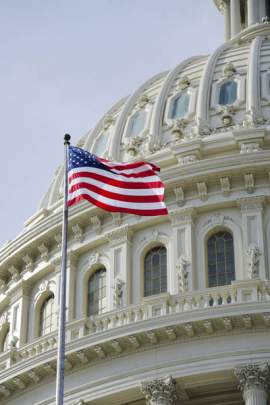
Korematsu v. United States

Korematsu v. United States: The Background
The trial of Korematsu v. United States started during World War II, when President Roosevelt passed Executive Order 9066 to command the placement of Japanese residents and Japanese citizens who were staying or located in the United States into special facilities where they were excluded from the general population. Isolating people from the general population for no good reason is a direct violation of the 14th Amendment to the United States Constitution. To defend this aggressive action, President Roosevelt explained that the order was passed to prevent internal damages or sabotage that may have been caused by individuals who supported Japan. Roosevelt separated Japanese people because he didn’t want them banning together in a time of war. Japan was a primary enemy of the United States during this time; Roosevelt believed that separation was the best way to contain an uprising.
The case of Korematsu v. United States deals with military law. This aspect of law is a legal field within Federal Law, which addresses the activity and behavior of military personnel, including issues of treason, war crimes and criminal offenses directed towards military personnel. Korematsu stood up against the forced imprisonment of Japanese people because the government did not differentiate between Japanese extremists or American citizens who happened to be of Japanese descent. Korematsu was one of these American citizens who was forcefully removed from his home and his everyday life and taken to a prison camp.
Korematsu v. United States: The Case Profile
The case of Korematsu v. United States took place on December 18th of 1944. The trial was initiated by Korematsu in response to Roosevelt’s executive order. Koramatsu believed that forced residency was illegal. Korematsu brought his case to the Supreme Court by stating that imprisonment of his people was a direct violation of civil liberties and the human rights afforded to American citizens in the United States Constitution. The case of Korematsu v. United States was decided on December 18th of 1944. The case was heard by the Supreme Court of the United States.
Korematsu v. United States: The Verdict
In the case of Korematsu v. United States, the Supreme Court ruled in favor of the United States, claiming that based on military law, the preservation and protection of the general population of the United States outweighed the individual who was detained in a prison camp. The ruling in Korematsu v. United States also explained that during a time of war, the government was allowed to pass certain laws that may not be legal in times of peace.



















